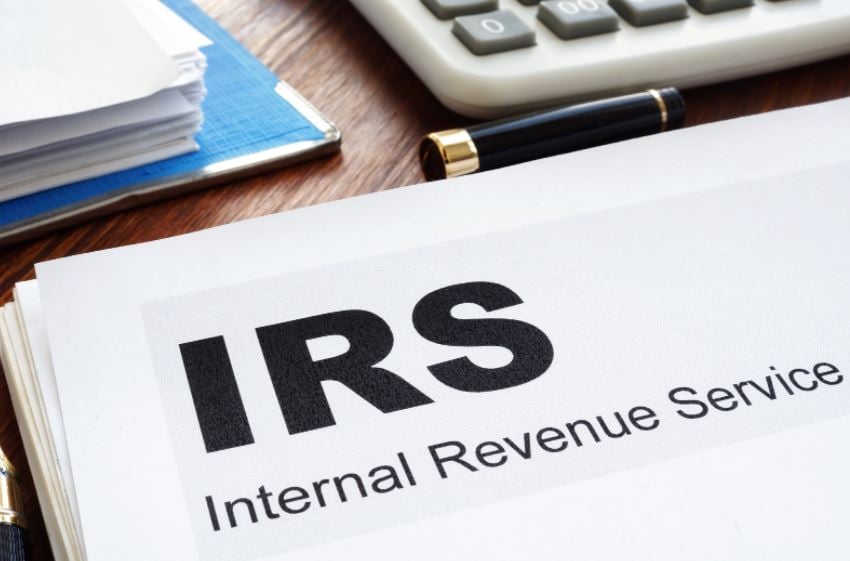What Tax Services Will a Payroll Company Provide?
Payroll administration is complex, so you've outsourced the process to a third-party payroll provider. But that doesn't relieve you of your responsibilities. Read more to make sure you're following your legal obligations no matter what your situation.
You need time and energy to run and grow your business, so you've outsourced your payroll process. You decided to go with a third-party payroll provider to handle some or all of your employment tax duties.
This move lightens your workload, assuming that your payroll provider is reputable and reliable and meets filing deadlines and deposit requirements. But you can't just hire a provider and forget about it — you still have to take legal responsibility for your company.
Your tax responsibility depends on the type of service you use. You're never completely off the hook. You either have sole responsibility or become jointly liable, depending on the third-party arrangement you make.
A payroll service provider typically prepares employment tax returns for signature by you, processing the withholding, deposit, and payment of employment taxes. You authorize the provider to:
- Prepare employee paychecks as well as your required Forms 940 and 941, using your Employer Identification Number.
- File those forms after you've signed them.
- Make federal tax deposits and federal tax payments.
- Prepare W-2 forms for your employees using your EIN.
Using a payroll processor doesn't relieve you of employment tax responsibilities. The provider assumes no liability for employment tax withholding, reporting, payment, or filing duties.
A reporting agent can sign employment tax forms on your behalf. You need to complete Form 8655, Reporting Agent Authorization. A reporting agent assumes no liability for employment tax withholding, reporting, payment, or filing duties.
A Section 3504 agent is appointed as an agent under the Internal Revenue Code. Wages can be paid by the agent through Form 2678, Employer/Payer Appointment of Agent. Your Section 3504 agent assumes liability along with you for your Social Security, Medicare, and federal income tax responsibilities. The IRS can seek to collect any unpaid employment taxes from you and the agent.
The bottom line
You are ultimately the responsible party for withholding, depositing, and paying federal tax liabilities. Even when forwarding tax amounts to a service with the expectation that the provider is making tax deposits, you're still responsible for withholding the employer and employee portions of Social Security and Medicare taxes. This doesn't mean you shouldn't use an outside provider. It just means you should talk with them in detail about how they work. Also, there are a few commonsense precautions:
- Use your name and address so that IRS correspondence goes to you. Many IRS communications are time-sensitive — a delay in response can trigger the next level of IRS action.
- Know tax due dates — this way, you can always double-check the status.
- Register on the electronic federal payroll tax system to get your own PIN and use it to periodically confirm that the required payments are being made. Online access shows your account payment history for the past 16 months.
It's not just a matter of trust — it's a matter of communication. If you work closely with your provider, the result will be good for you and your employees.






.png)
Reply a Comment